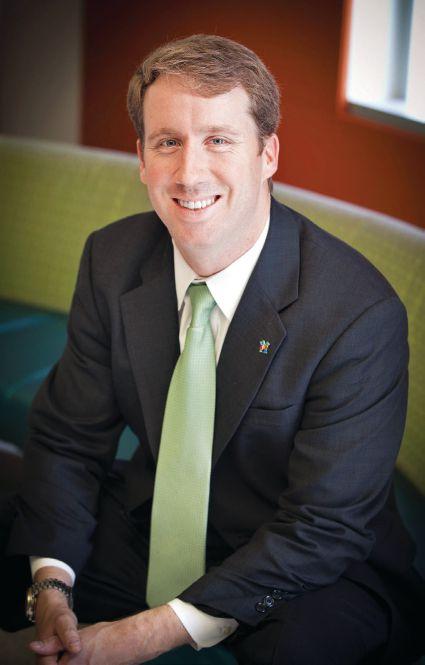
1 minute read
Epidemiology professor John Boring retires
John Boring once aspired to be a professional baseball pitcher. But after trying out with two different teams, “Lefty” Boring reasoned that he might be better suited for another profession. This year, he attained the status of professor emeritus of epidemiology after 46 years of teaching at Emory.
“John Boring most definitely played a face particular challenges in terms of health status as well as health care access,” says Andes, assistant professor of global health and faculty director for the project. “Latino children in the state have significantly lower access to health insurance than their black and white peers. While they begin life with relatively good health, a number of indicators suggest that their health status declines by the time they start school.” transformative role in our school,” says Rollins Dean James Curran. “He helped lay the groundwork for what became the Department of Epidemiology and trained more than two generations of students in public health and medicine.”
Boring came to Emory in 1966 by way of CDC, where he served with the Epidemic Intelligence Service and later as a senior scientist with expertise in microbiology.
Another noticeable change in the Hispanic population is their makeup, which largely shifted from working adults to families. In those families, children under age 15 comprise nearly one-third of the state’s Hispanic population.
The 2012 Georgia Latino Health Summit covered several key areas, including maternal and child health; cardiovascular disease, obesity and diabetes; cancer; and behavioral health.
Tom Sellers, then chair of Emory’s Department of Preventive Medicine, invited him to teach epidemiology in the School of Medicine. The field of epidemiology was just coming into its own, and Boring taught students what he calls “denominator science”—known today as evidence-based medicine.
“At that time, physicians thought medicine was deterministic and not probabilistic,” said Boring during his retirement celebration at Rollins. “No one was teaching inductive reasoning. For every numerator, you need an appropriate denominator. The larger the denominator, the more reliable the conclusion.”
Boring also became one of the “midwives” to Rollins. In the mid-1970s, he taught in the master’s of community health program, the genesis of RSPH. Some years later, when the School of
The report covers a full range of health topics and provides comparisons between the health of Georgia Hispanics and Hispanics nationwide, as well as differences between Hispanics and non-Hispanic white and black populations in the state.
Rollins and HHCGA are now looking at ways to implement ideas generated during the summit. Possibilities include student projects with communitybased organizations to assess needs and improve services in areas such as mental health and collaborating with the National Public Health Institute of Mexico and other international partners to better address the health needs of Georgia’s Latinos.—Jennifer Johnson and Pam Auchmutey
To download the Georgia Latino Health Report 2012 and a followup report on the summit, visit hhcga.org.







